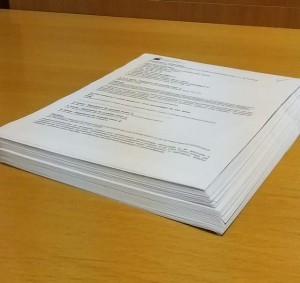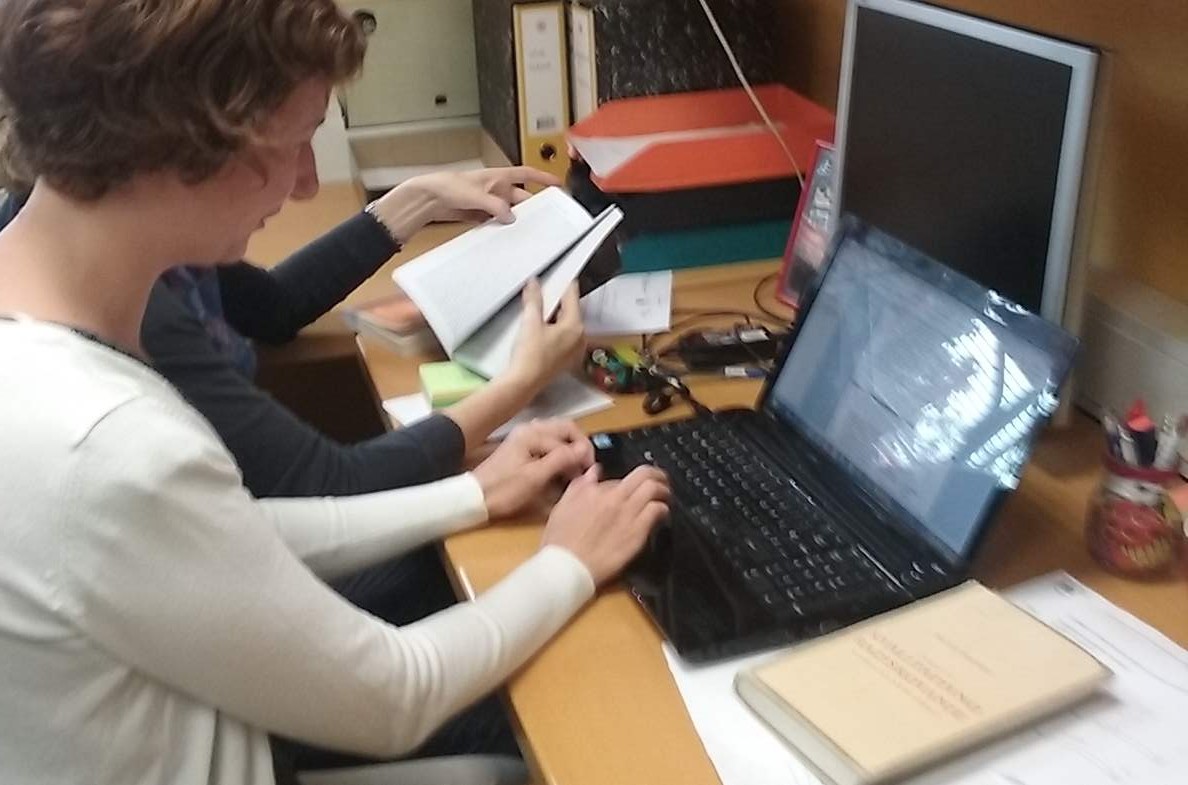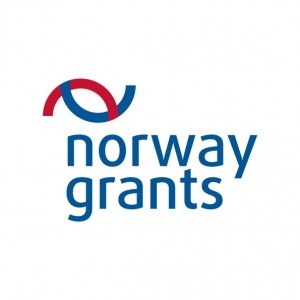The second interim report – summary
On 30 September 2015 we submitted the second interim report on the course of the project of the Co-creation of Help for Families in the Community. A short summary of the report is given below.
 In the period from 1 May to 31 August 2015 our work was based on the regular co-operation between the members of the project group, and on regular contacts between the applicant and the partners, with the aim of planning our work on the project and a regular evaluation of its progress. During this period the first interim report was prepared and submitted.
In the period from 1 May to 31 August 2015 our work was based on the regular co-operation between the members of the project group, and on regular contacts between the applicant and the partners, with the aim of planning our work on the project and a regular evaluation of its progress. During this period the first interim report was prepared and submitted.
At the Faculty of Social Work the application of the scientific paper was prepared for the international scientific conference taking place in September which was attended by two members who work on the project. One member from the Faculty of Health Sciences participated at the TRANSED conference in Portugal. A Slovenian and foreign scientific monograph is under preparation, with mainly agreements being made in regard to the participating authors and suggested themes. A co-authored scientific article was written to be published in a Slovenian journal, and was submitted for review. The guidelines for the conclusive interviews with the families were made along with the guidelines for the conduct of focus groups with students. The central activity was students’ work with families in the community, which involved 22 participating families. The work was carried out continuously, and with most families the collaboration ended in June. Since it proved sensible that with some families the individual working project of help should be continued, and the families and the students concerned agreed to do so, the work with 5 families is being continued. The students’ records about the process of their work, the written form regarding their initial expectations, the forms on the interim evaluation and the forms on the final evaluation were collected for the period 1 May – 31 August 2015. By 31 August 2015, 15 conclusive interviews with families were conducted (and the activity will be continued). In this period we started analysing the materials collected, with the aim to evaluate the process of the co-operation with the families, and the course of the project. The members of the project group at the FSW held regular meetings. Four experts from FSW held regular meetings with the students who worked with the families. Within the regular Master’s programme of Social work with the Family, the holders of the subjects complemented the existing contents of their subjects with the contents urgently needed by the students carrying out social work with the families within the project.
At the Faculty of Health Sciences the first round of exercising to increase mobility was concluded by 31 August 2015. In this group the standardised assessment tests were tried out as to their adequacy for active elderly people. The BESTest has proven to have a significantly weaker ceiling effect than the Berg Balance Scale. Furthermore, the structured interview was conducted with the users of the Ljubljana Passenger Transport, and the analysis of data began that will be described in a chapter of the scientific monograph.
Co-workers from the Faculty of Sports have carried out the exercising “Movement for the Will and the Will to Move (GiVo)”. Although the exercising was planned to take place twice a week for one hour in the afternoon, it was actually organised in the morning, to be best adjusted to the participants’ wishes. It was attended by a total of 20 adults from families with low SES. The exercising was run by students, who were supervised by the experts from the Faculty of Sports. The experts held regular meetings with the students, namely, in the form of consultations and the supervision during the exercising. Testings during and after exercising were carried out as planned. The analyses results during exercise (test of 1600m walk, side support, front support, mobility) show that a large majority of participants made great progress during exercise and an even more significant progress was seen in the measurements at the end of the exercising. After the conclusion of the exercising, the final meeting was organised for the participants and students, with the picnic in the Slovan Park near the Faculty of Sports. This reporting period included the preparation for the analysis and also the analysis of the results of the psycho-social diagnostics. As planned, we carried out the analysis of the interviews conducted before the beginning of the exercising process, and started the initial analysis of the interviews conducted after the conclusion of the exercising process. The draft of the analysis was prepared for a chapter of the monograph.




